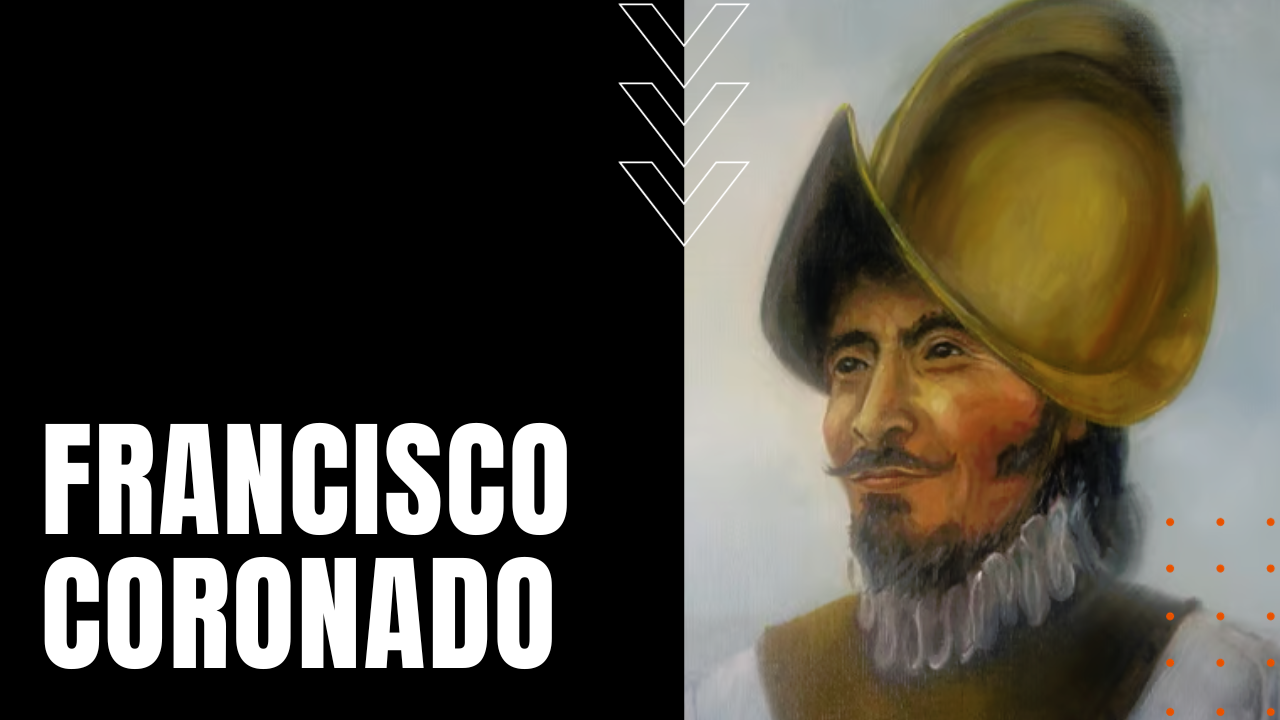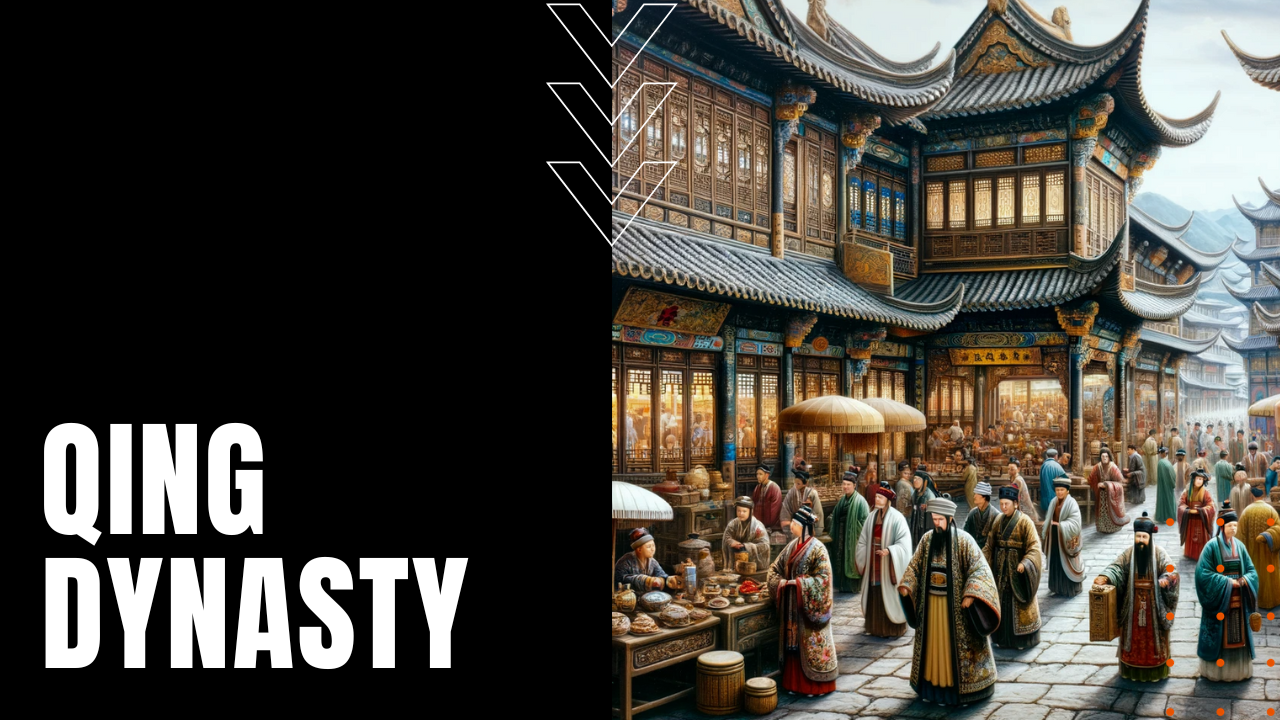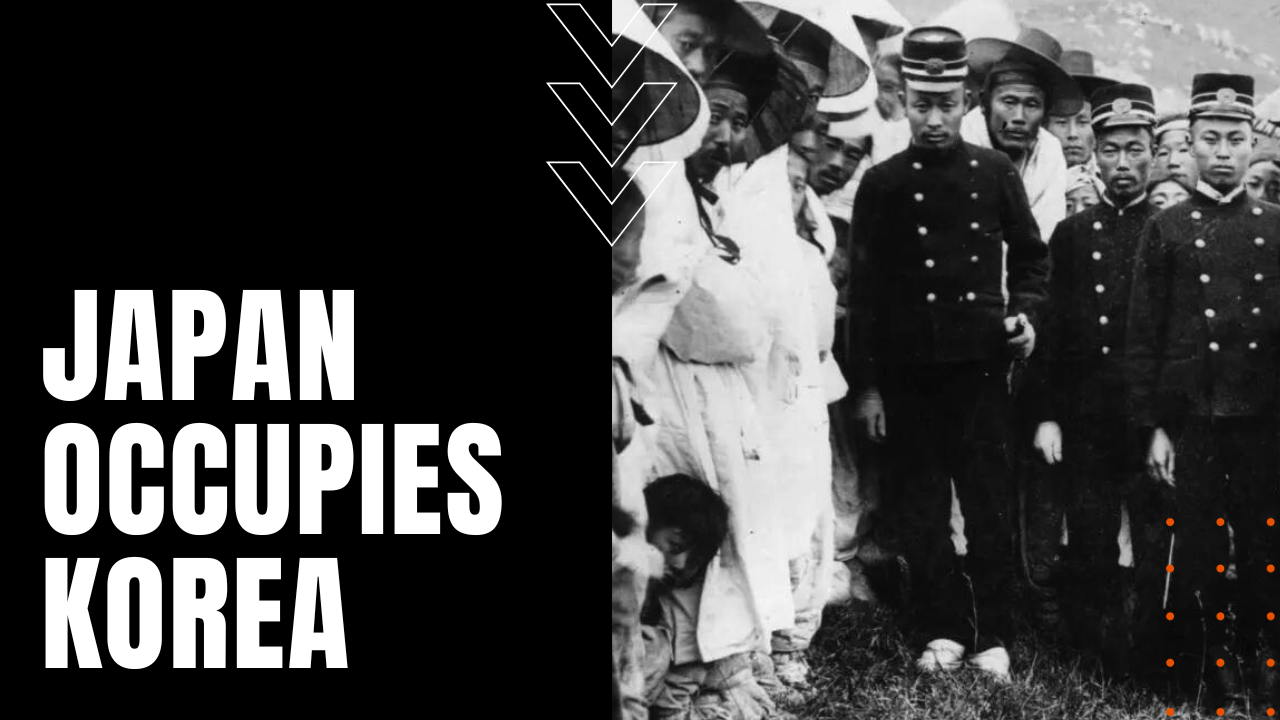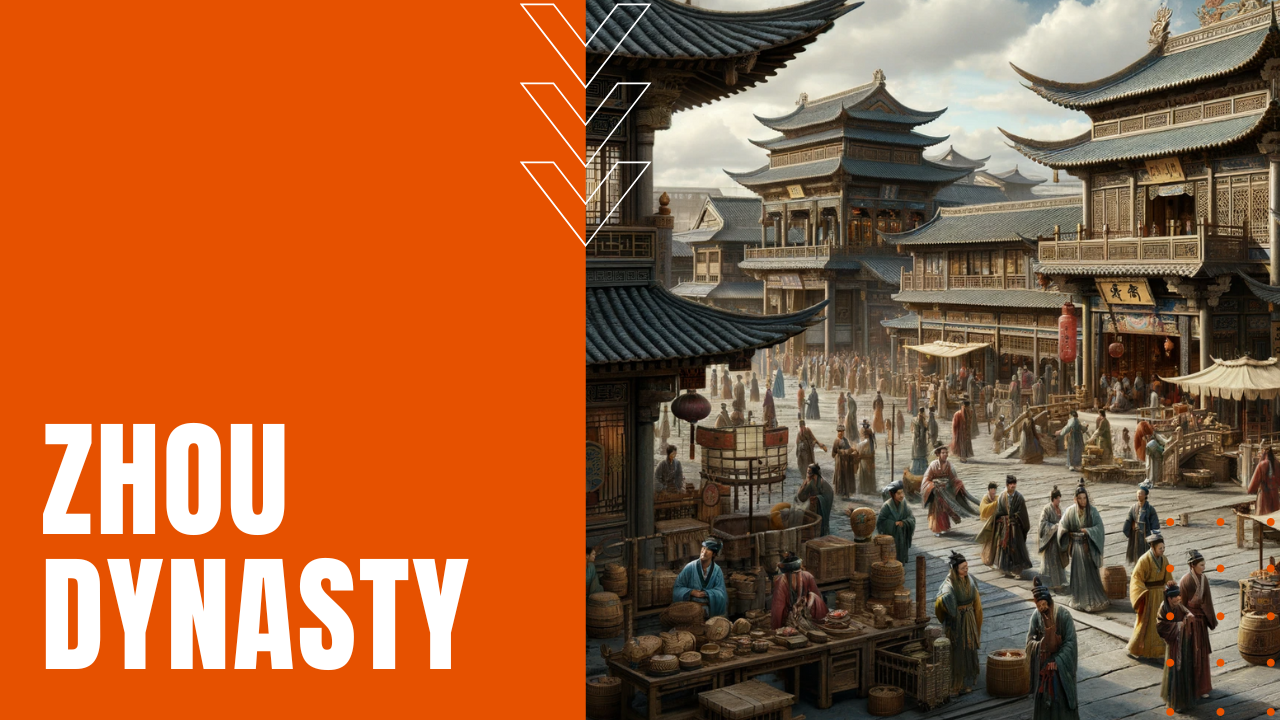-
January 16, 2024
The Forbidden City
The Forbidden City, located in Beijing, China, is a magnificent imperial palace complex that served as the home of Chinese emperors for over 500 years. With its stunning architecture, intricate designs, and vast courtyards, it is a symbol of China’s rich history and cultural heritage. Today, it is a popular tourist attraction, offering visitors a glimpse into the opulent lifestyle of the ancient Chinese rulers.
-

-
January 11, 2024
Burning the Library of Alexandria
The burning of the Library of Alexandria was a catastrophic event in ancient history. It resulted in the loss of countless irreplaceable manuscripts and knowledge from various civilizations. This tragic incident, believed to have occurred in 48 BC, is considered a significant setback for human progress and a symbol of the destruction of knowledge. The consequences of this act continue to be felt even today, as it forever altered the course of history.
-

-
January 4, 2024
Francisco Coronado
Francisco Coronado was a Spanish explorer who led an expedition in the 16th century to search for the legendary Seven Cities of Gold in the southwestern United States. Despite not finding the riches he sought, Coronado’s journey resulted in the discovery of the Grand Canyon and other significant landmarks. His exploration played a crucial role in expanding Spanish influence in the New World.
-

-
January 2, 2024
The Qing Dynasty
The Qing Dynasty was the last imperial dynasty of China, ruling from 1644 to 1912. It was established by the Manchu people, who overthrew the Ming Dynasty. The Qing Dynasty was known for its expansionist policies, as it conquered and incorporated various territories into its empire. It also experienced significant cultural and economic growth, but eventually faced internal and external pressures that led to its downfall and the establishment of the Republic of China.
-

-
January 1, 2024
Japan’s Occupation of Korea
Japan’s Occupation of Korea refers to the period from 1910 to 1945 when Japan colonized and controlled the Korean Peninsula. During this time, Japan implemented various policies to assimilate Koreans into Japanese culture, suppress Korean nationalism, and exploit the country’s resources for its own benefit. The occupation was marked by forced labor, cultural suppression, and the imposition of the Japanese language and education system. It had a profound impact on Korean society and laid the foundation for future tensions between the two nations.
-

-
December 22, 2023
History of Typewriters
The quest for a practical typewriter began in 1714 with Henry Mill’s conceptual design in Great Britain. William Austin Burt patented the “Typographer” in 1828, but its only model was destroyed in a fire. The first successful typewriter, introduced in 1873 by Sholes, Soule, and Glidden, used the QWERTY layout, still prevalent in modern keyboards. The late 19th and 20th centuries saw significant advancements, including shift keys and portable designs. The rise of word processors and computers eventually rendered typewriters obsolete.
-

-
December 18, 2023
The Zhou Dynasty
The Zhou Dynasty was the longest-lasting dynasty in Chinese history, ruling from 1046 to 256 BCE. It was characterized by a feudal system, with the king as the central authority and regional lords governing their own territories. The dynasty saw significant advancements in agriculture, technology, and philosophy, including the development of Confucianism and Taoism. However, it eventually declined due to internal conflicts and external invasions.
-
